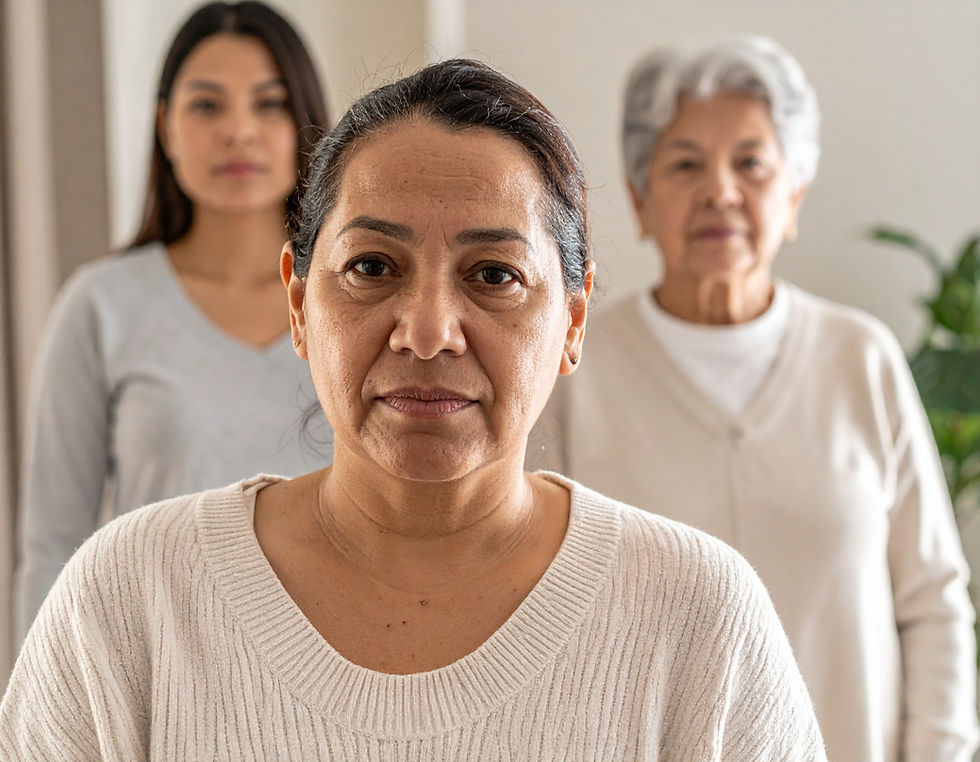Study: Older Women Vulnerable to Heat, Humidity
- Research

- Apr 5, 2025
- 2 min read
As the Earth’s temperatures increase as a whole globally, researchers are finding that older women are more vulnerable to facing heat- and humidity-related conditions than older men. The study was published in American Journal of Physiology-Regulatory, Integrative and Comparative Physiology on Aug. 26, 2024.
The 2024 study out of Penn State found that women’s risk increases with age. Women between the ages of 40-64 are as vulnerable to high heat and humidity as men who are 65 years and older—and older women in general are physiologically more vulnerable. This is because older adults have increased difficulty cooling their body through efficient sweating and pumping blood to the skin.
The study is the first to identify this disparity as being due to physiological differences instead of the fact that women live longer than men and represent a larger share of the population. Additionally, lead researcher Olivia Leach, a doctoral candidate in kinesiology, noted that the study’s results were unexpected because gender is not a differentiating factor in adults who are younger than 30.
The study analysis did not directly compare middle-aged men to middle-aged women; however, they did note that the physiological responses of middle-aged women were similar to those of the study’s older men.
The researchers also noted that while cardiovascular health and certain medicines can affect heat tolerance, but age and gender are the main factors related to heat vulnerability.
The researchers believe that the study’s findings will be useful to policymakers. “In addition to demonstrating that middle-aged and older women are at greater risk from extreme heat, we also identified what levels of heat and humidity are safe for women as they age,” Leach said in a Penn State press release. “This information is presented as a temperature/humidity curve based on a person’s age, and it can be useful for setting policies designed to keep people safe during a heat wave.”
Medical News Today suggested several ways to reduce body heat. These include:
Drink cool liquids, such as water.
See cooler air, such as air conditioning.
Get in cool water, such as a swimming in a cool pool or a taking a lukewarm bath.
Use a cold water or ice on strategic points (wrists, neck, chest, and temples, which lowers the temperature of the blood in these veins.
Move less through avoiding heavy exercise and limiting movement.
Change clothing and opt for clothes with light natural fabrics, such as cotton and linen.
Consider taking a heat-regulating supplement.
Check with your doctor about an overactive thyroid gland.





Comments